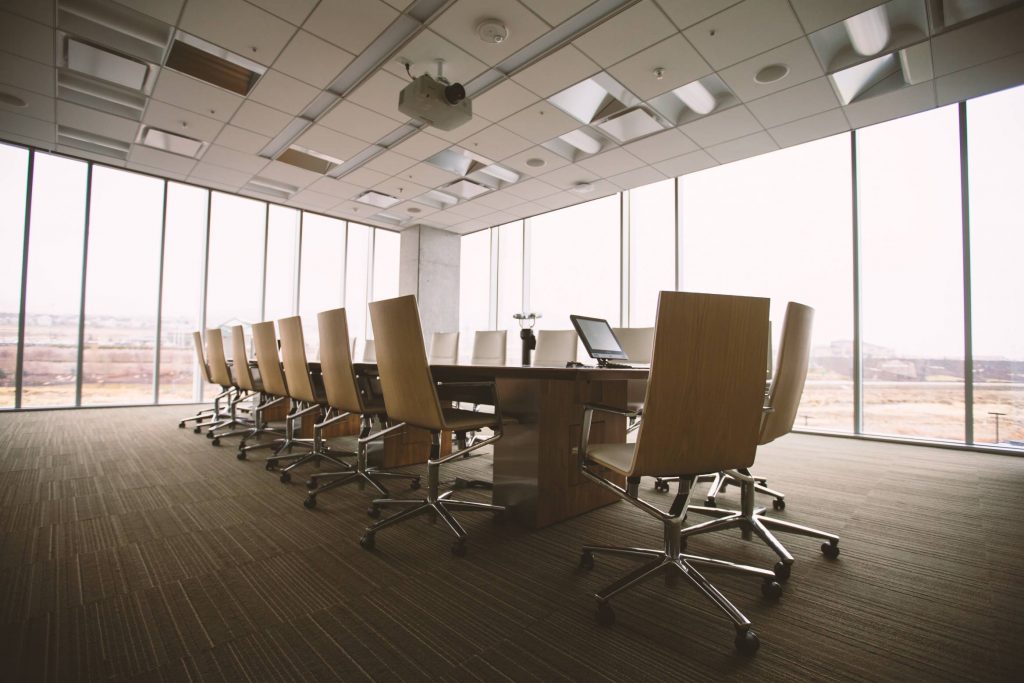By Natasha Bian
What is an expert conclave?
Expert conclaves are pre-trial procedures directed by the court and conducted between experts in the same or similar fields. The principal purpose of conclaves is to limit litigation to the real issues in dispute consistent with the overriding purpose of the Civil Procedure Act[1] .
This is achieved by having experts from all sides of the litigation meet together, without Counsel, in order to reach agreement on specific issues. Afterwards a joint report is prepared stating those matters with which the experts agree upon and those matters with which the experts disagree. Conclaves pose unique challenges.
By analogy, if opposing parties’ experts meet in conclave it is possible for the expert with the most experience or better advocacy skills to heavily influence the outcome of the joint report.
Guidance should be given to the relevant practice notes in each State and Territory for the conduct of Expert Conclaves[2].
Given that Expert conclaves are becoming increasingly prevalent it is essential to understand the factors which influence a positive conclave. These can be grouped into three categories. First, the strategic selection of experts. Second, the isolation of relevant issues and third, the integrity of documents.
Strategic selection of experts
In conclave, circumstances may arise where experts feel constrained in their ability to stick to the original report they have written. This is because they may feel pressure from the other side’s experts or may have a change of heart from their original position. That pressure may come from a perceived need to defer to the opinion of a more senior expert, especially where they are from the same institution[3].
At the qualifying stage, special attention should be given to the communication ability of the expert, both oral and written. Questions should be asked of the expert including whether or not they have experience in conclaves and the amount of work they do for plaintiffs and defendants alike.
Keep in mind, experts that are not flexible with their opinion in the face of overwhelming evidence or experts that only work for one particular side (plaintiff or defendant) might have adverse findings made against their credibility. Such a finding can be fatal.
The actual experience of the expert also needs to be closely examined. As a general rule, experts with decades of practical experience in the relevant field are better accepted then academics and theorists with no practical experience.
Ultimately, the ability to communicate effectively is of paramount importance when selecting helpful and credible experts.
Isolate relevant issues
Prior to conclave, parties are required to agree on the questions to be answered and the materials to be placed before the experts. Great care should be taken in drafting the appropriate questions and making sure they are similar to the expert report already produced by your expert.
Remember, there is no property in a witness and an expert can change their mind at any time. Having similar questions on relevant issues helps to keep experts on target. On the other hand, convoluted questions full of legalese designed to ‘trip’ up opponents makes matters difficult.
The wording of the UCPR provides that experts “must endeavour to reach agreement with the other expert witness on that issue”. As such, experts may become confused as to their primary purpose and aim to reach a consensus that either does not reflect their independent reasoning or does not benefit the party’s cause.[4]
So prior to the conclave, practitioners have a responsibility to remind the experts as to what is required of them by the Code. It should be impressed upon them that maintaining legitimate professional differences of opinion based on sound scientific views are not inconsistent with the Code.
Provide clear and succinct documents
When witness statements and a myriad of other documents go amiss or are inconsistent, confusion may arise as to which facts are really in dispute and which are to be assumed. This may cause a lengthening of the conclave as well as additional stress and frustration for the experts. Where there are more than two participating experts, timetabling may become difficult and experts may feel pressured to rush through issues to prevent prolonging the session or to avoid follow-up conclaves.
Therefore, in order to maintain the quality of the conclave, lawyers should focus on instructing the experts in a manner that is clear, sharp and concise. Instructions should succinctly set out the aims of the conclave, identify the relevant questions to be analysed and isolate the real issues that ultimately benefit their cause. It is advised that a clearly drafted statement of assumed facts should be provided so that the path is clear and transparent for the experts without introducing new issues that may distract or are immaterial.
Further, providing experts with material in electronic form wherever possible makes search and navigation more simple and communication in the conclave more effective. This also helps the experts explain their opinions more concisely which lends to their credibility. Photographs and other images should be provided in JPEG or a similar format so that they are compatible with venue facilities and can be viewed in high definition.
These steps taken in accordance with the Code of Conduct will be conducive for the experts’ efficient communication, credibility and therefore more helpful to the party’s cause of action.
ExpertsDirect provides suitable advice on engaging the relevant experts and many of our experts have extensive conclave experience.
[1] S56 Civil Procedure Act 2005 (NSW)
[2] Supreme Court of NSW, Practice Note No. SC Gen 11, “Joint Conferences of Expert Witnesses”
[3] G Edmond, “Merton and the hot tub: Scientific conventions and expert evidence in Australian civil procedure” (2009) Law and Contemporary Problems, 72(1) pp. 159-189.
[4] B Smith, “Practical tips for dealing with expert witnesses” (2013) Precedent, 119, pp. 35-37.

